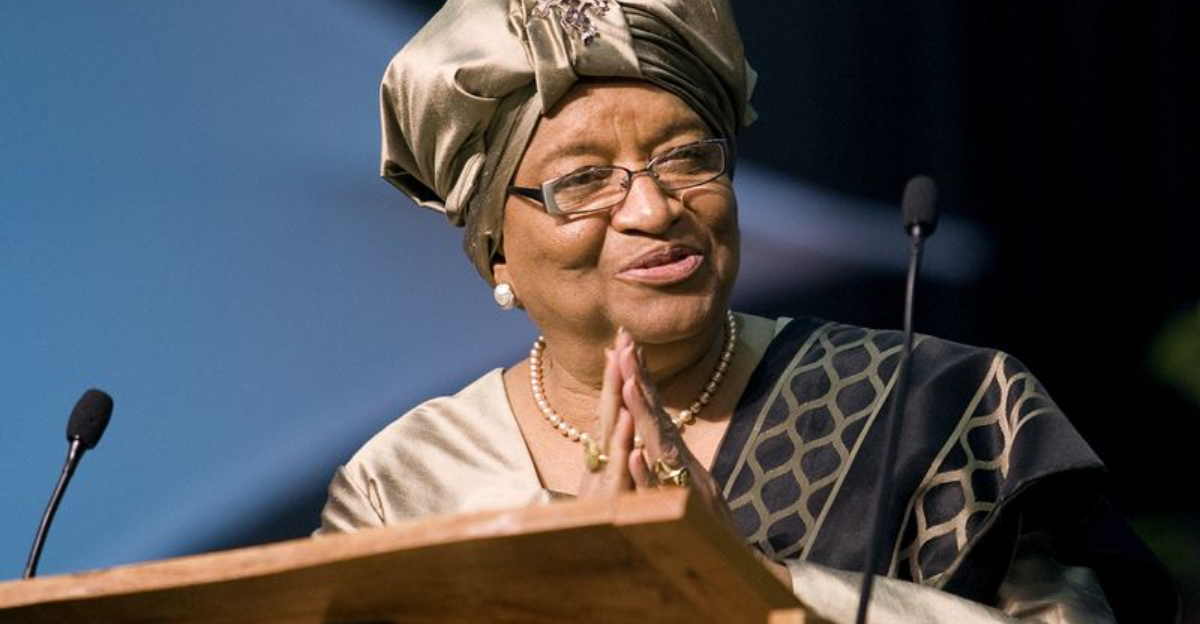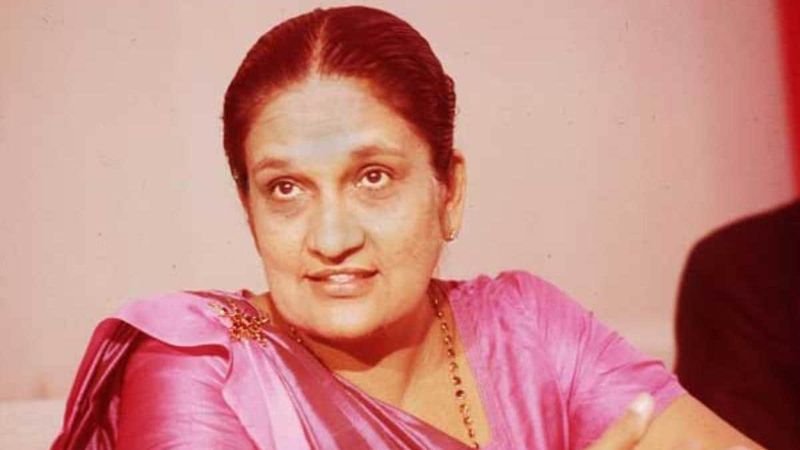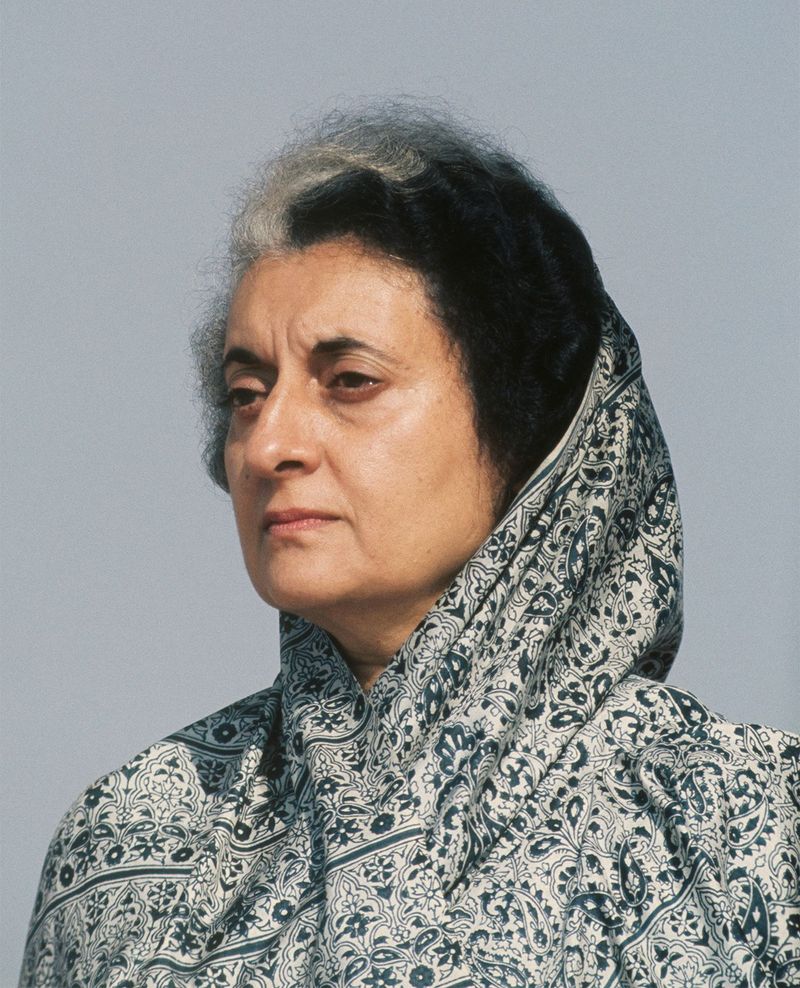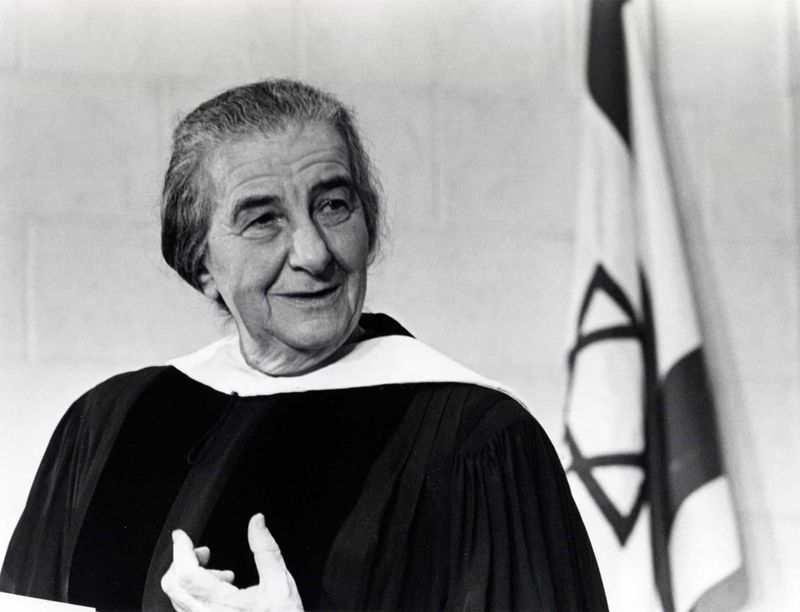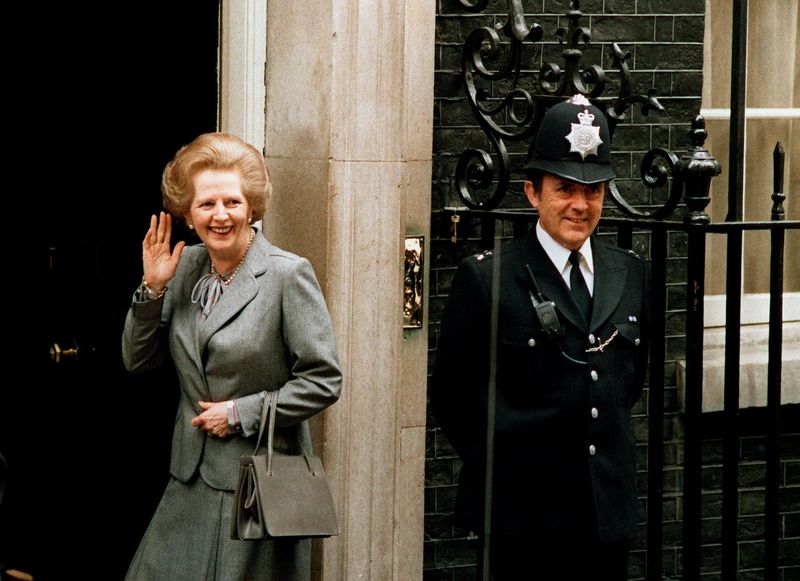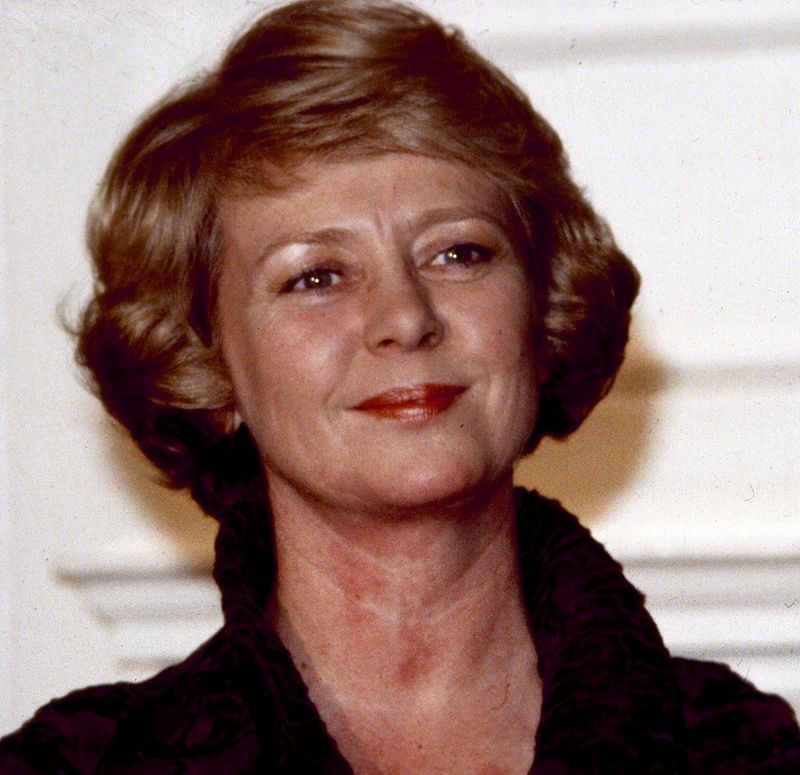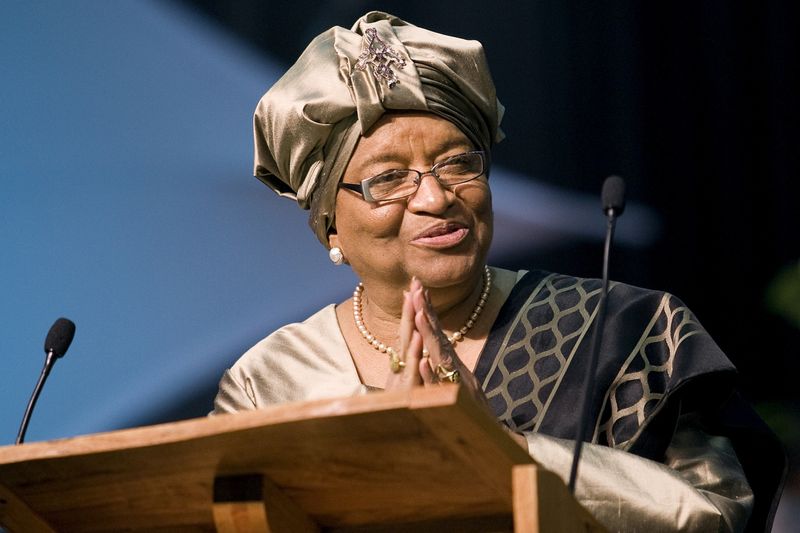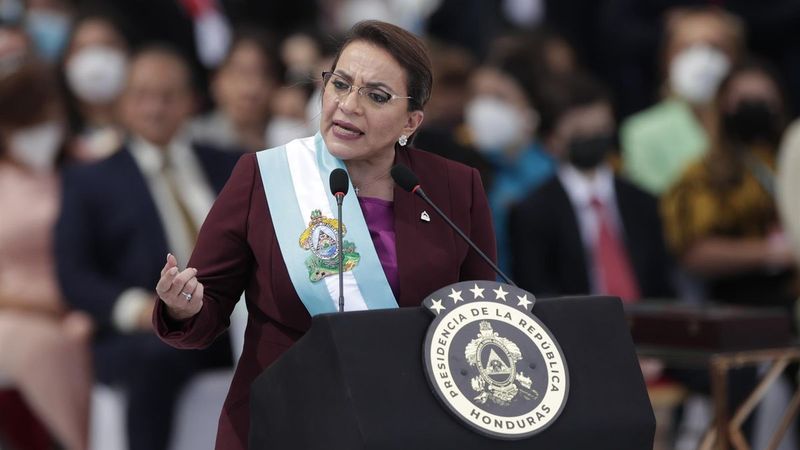Throughout history, women have shattered glass ceilings to lead their nations as heads of state. These remarkable individuals not only governed countries but also transformed the political landscape for generations to come. Their journeys from candidates to commanders-in-chief demonstrate the progress of women’s representation in global leadership.
1. Sirimavo Bandaranaike: The World’s First Woman Prime Minister
History changed forever in 1960 when Sirimavo Bandaranaike took office as Prime Minister of Ceylon (now Sri Lanka). Following her husband’s assassination, this reluctant politician stepped into leadership rather than letting his vision fade.
Her three separate terms spanning four decades saw dramatic reforms in education, nationalization of key industries, and navigating complex Cold War politics. She weathered economic challenges and social upheaval while raising three children.
Bandaranaike’s pioneering achievement opened doors for women globally, proving that gender was no barrier to effective governance. Her daughter Chandrika would later become president, creating the world’s first mother-daughter leadership legacy.
2. Indira Gandhi: India’s Iron Lady
Few political figures loom as large in their nation’s history as Indira Gandhi does in India’s. Initially dismissed as a ‘goongi gudiya’ (dumb doll) by opponents, she transformed into one of history’s most formidable leaders during her 15 years as Prime Minister.
Gandhi’s decisive leadership during the 1971 Bangladesh Liberation War established India as a regional powerhouse. Her domestic policies, including bank nationalization and the Green Revolution, fundamentally reshaped the country’s economy.
Her controversial ‘Emergency’ period revealed an authoritarian streak that polarized citizens. Despite this complex legacy, her assassination in 1984 by her own bodyguards marked a tragic end for India’s first woman to hold the nation’s highest office.
3. Golda Meir: The Grandmother of Israel
Born in Ukraine and raised in Milwaukee, Golda Meir’s unlikely journey to becoming Israel’s first (and so far only) female Prime Minister reflects her extraordinary determination. Affectionately known as the ‘Iron Lady of Israel’ before Margaret Thatcher claimed a similar title, Meir led during the turbulent 1969-1974 period.
Her kitchen cabinet meetings became legendary, where major decisions were made over coffee and cake. During the devastating Yom Kippur War, she made difficult choices that saved the young nation while haunting her final years.
Famous for stating ‘there will be peace when the Arabs love their children more than they hate us,’ Meir’s blunt speaking style and pragmatic leadership defined a crucial chapter in Israeli history.
4. Margaret Thatcher: The Uncompromising Iron Lady
‘The lady’s not for turning!’ With these words, Margaret Thatcher cemented her reputation as Britain’s most unyielding Prime Minister. The grocer’s daughter from Grantham shattered the ultimate glass ceiling in 1979, governing for 11 years that transformed the UK.
Her conservative revolution privatized national industries, confronted powerful unions, and championed free-market economics during a period of profound change. The Falklands War victory in 1982 cemented her authority, while her partnership with Ronald Reagan reshaped global politics.
Love her or loathe her (few Britons felt neutral), Thatcher’s legacy endures in British politics. ‘Thatcherism’ remains both praised for economic revival and criticized for widening social divisions decades after her leadership.
5. Vigdís Finnbogadóttir: Iceland’s Beloved Cultural Ambassador
A divorced single mother who beat cancer before running for office, Vigdís Finnbogadóttir stunned the world by winning Iceland’s 1980 presidential election. Her victory made her the first democratically elected female head of state globally.
Rather than pursuing political power, this former theater director and language teacher championed Iceland’s cultural heritage, environmental protection, and children’s welfare. Her approachable style—she was listed in the phone book throughout her presidency—endeared her to citizens.
Serving an extraordinary 16 years across four terms, Vigdís inspired a generation of Icelandic girls. When asked about a potential statue honoring her achievements, she quipped that she’d ‘rather have a tree planted’ instead—perfectly capturing her humble, forward-thinking nature.
6. Ellen Johnson Sirleaf: Africa’s Pioneering Peace Builder
Nicknamed ‘Africa’s Iron Lady,’ Ellen Johnson Sirleaf’s journey from political prisoner to president represents an extraordinary triumph of perseverance. After surviving imprisonment and exile, she made history in 2006 as Africa’s first democratically elected female head of state.
Taking leadership of Liberia after devastating civil wars, Sirleaf faced the monumental task of rebuilding a shattered nation. Her administration secured debt relief, strengthened democratic institutions, and maintained peace in a region known for instability.
The 2011 Nobel Peace Prize recognized her efforts in advancing women’s rights and healing national wounds. Though critics noted corruption challenges during her tenure, Sirleaf’s peaceful transfer of power in 2018 cemented her legacy as a democratic pioneer in a continent still working toward gender equality in leadership.
7. Xiomara Castro: Honduras’ New Democratic Hope
Against a backdrop of political turmoil, Xiomara Castro emerged as a symbol of democratic renewal when she was sworn in as Honduras’ first female president in January 2022. The former first lady transformed from political spouse to formidable leader following the 2009 coup that ousted her husband.
Castro’s victory represented more than a personal achievement; it signaled a significant shift in Honduran politics after years of corruption scandals and authoritarian tendencies. Her campaign focused on tackling deep-rooted problems: poverty, violence, and the mass migration driving citizens northward.
Leading a nation with one of the highest femicide rates globally adds symbolic weight to her presidency. Castro’s administration faces enormous challenges, but her election has already inspired women across Central America to envision new possibilities in leadership.
